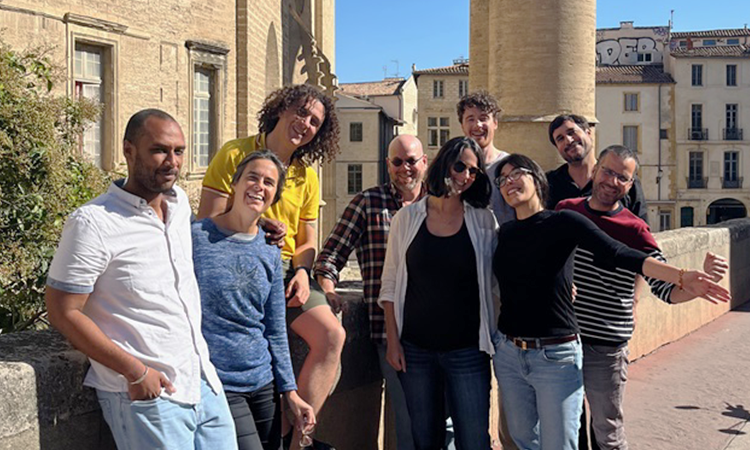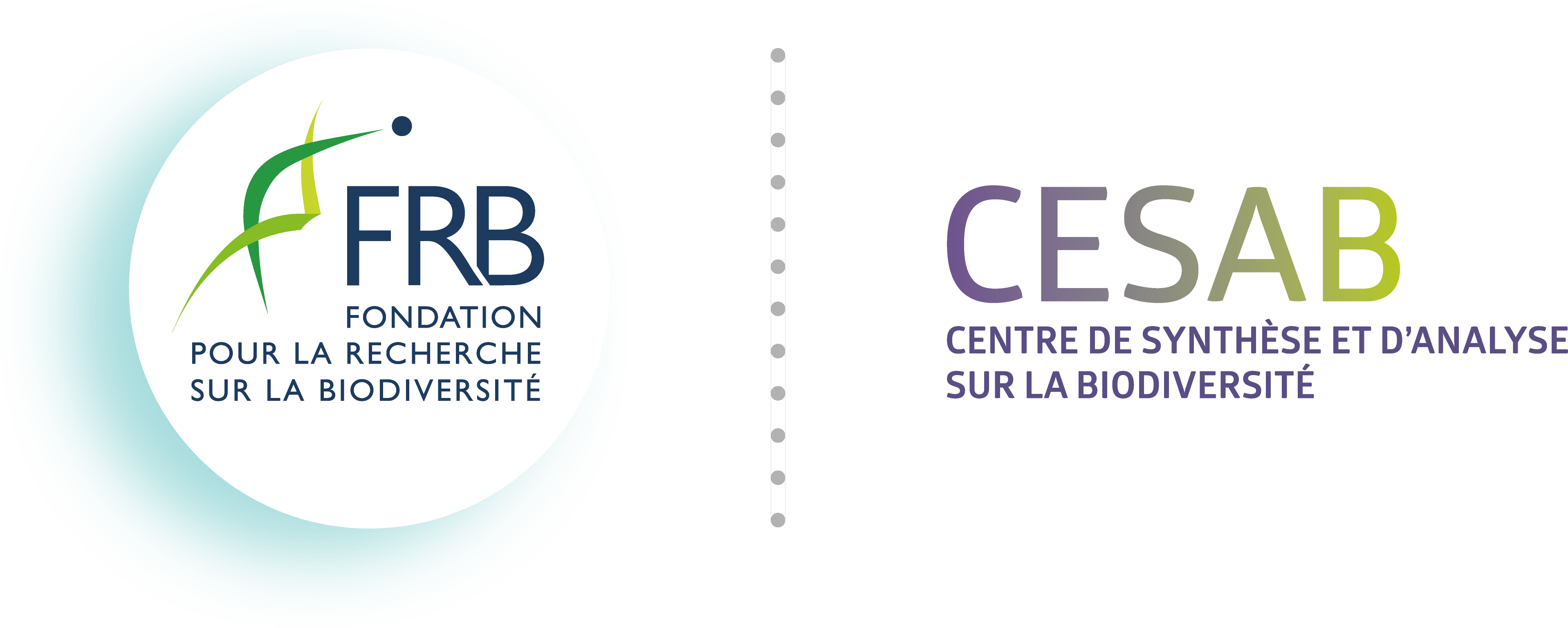INVAHEALTH
Global human health costs from biological invasions
Biological invasions are a major component of global change. They have important ecological, socio-economic, and health consequences, including the spread of diseases, severe allergies, and impacts on mental and physical well-being. The monetary quantification of these impacts is an effective way to alert policymakers and stakeholders, and contributing to the co-design of sustainable solutions. While the recent, open-access InvaCost database provides a comprehensive overview of monetary costs associated with invasive species, health-related costs remain underrepresented.
To address this gap, the INVAHEALTH database aims to categorize and quantify the specific impacts of biological invasions on human health. It will be based on a framework including an eco-epidemiological component detailing various mechanisms affecting health and an economic component assessing cost distribution among stakeholders. This resource will facilitate future research, inform science-based policies, and contribute to better human health outcomes by preventing and addressing invasion-driven impacts, while promoting biodiversity conservation and ecological integrity.

Members of the INVAHEALTH project at their first workshop at CESAB in October 2024.

Principal investigators:
Christophe DIAGNE – IRD (FR)
Guillaume LATOMBE – University of Edinburgh (UK)
INVAHEALTH brings together specialists in evolutionary ecology, ecohealth, invasions and environment sciences, conservation biology, environment economics, quantitative and mathematical epidemiology and modelling.
INVAHEALTH was selected from the 2023 datashare call for proposals. The project selection process was carried out by a committee of independent experts.